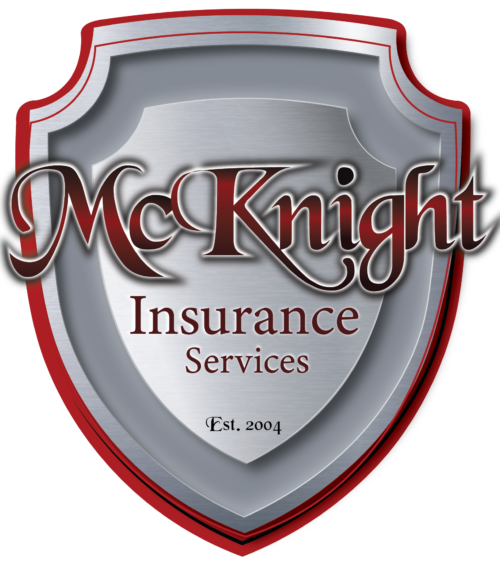July 17, 2025
When you run a business, it’s easy to get buried in paperwork. But not all documents are created equal—and when it comes to insurance, knowing what to keep (and for how long) can protect your business in case of audits, claims, disputes, or renewal reviews.
At McKnight Insurance Services, we help business owners across Texas stay organized, audit-ready, and protected. In this post, we’ll walk through the key insurance documents your business should be keeping, why they matter, and how long to hold on to them.
Why Insurance Document Retention Matters
Failing to maintain insurance records can result in:
- Denied claims due to missing proof of coverage
- Gaps in your insurance history
- Legal issues if a dispute arises after a policy has expired
- Delays during audits, renewals, or claims investigations
Proper documentation creates a paper trail that supports your credibility and reduces financial risk.
- Certificates of Insurance (COIs)
What to keep:
- All issued and received Certificates of Insurance for subcontractors, vendors, and clients
- Past COIs for your own business (especially for high-risk projects or contracts)
How long to keep them:
At least 5–7 years, or as long as the statute of limitations applies in your state for business liability claims. For construction or high-liability projects, retain indefinitely.
Why it matters:
COIs are often the first proof of coverage requested in a claim, lawsuit, or contract dispute—even years after work is completed.
- Policy Declaration Pages and Endorsements
What to keep:
- All declaration (dec) pages showing your coverage limits, policy terms, and named insureds
- Any endorsements, amendments, or exclusions added to your policies
How long to keep them:
7 years minimum—or indefinitely if they relate to a long-tail liability exposure like construction or environmental work.
Why it matters:
This documentation outlines exactly what your insurance did or didn’t cover at any given time.
- Claims Documentation
What to keep:
- All communication related to past claims (emails, adjuster reports, legal notices, settlement paperwork)
- Photos, receipts, and supporting materials for losses or damages
How long to keep them:
7–10 years, or longer if the claim involved a legal settlement or worker injury.
Why it matters:
Insurers, auditors, and attorneys may review past claims when quoting future policies, defending lawsuits, or calculating premiums.
- Premium Invoices and Proof of Payment
What to keep:
- All premium billing statements, payment receipts, and financing agreements
How long to keep them:
At least 3–5 years for accounting, audits, and financial tracking.
Why it matters:
Proof of payment is critical in cases of coverage disputes, especially if your insurer claims a lapse or cancellation.
- Employee-Related Insurance Records
What to keep:
- Workers’ compensation claim forms and correspondence
- Group benefits enrollment and waiver forms
- Payroll audits and payroll verification used for premium calculation
How long to keep them:
7 years for workers’ comp and employment-related records.
Why it matters:
Employee claims can surface years after incidents occur, particularly for occupational injuries or wage disputes.
Tips for Organizing Your Insurance Records
- Use cloud storage for accessibility and backup
- Organize by policy year and type of insurance
- Create a digital renewal checklist to track expiration and audit dates
- Secure documents with limited-access permissions for sensitive records
Final Thoughts: Stay Ready, Stay Protected
Good insurance isn’t just about having coverage—it’s also about maintaining the proof that you had the right coverage at the right time.
Whether you’re preparing for an audit, responding to a claim, or renewing your policies, having the right documentation can save you time, money, and stress.
At McKnight Insurance Services, we help business owners build smart insurance strategies—and stay organized for the long haul. If you’re not sure whether you’re holding the right documents (or holding onto them long enough), we’re happy to help.

Author | Sembree Yeary
Start here: Protect what matters most with customized insurance solutions
Submit your contact info and one of our Agents will reach out shortly!






